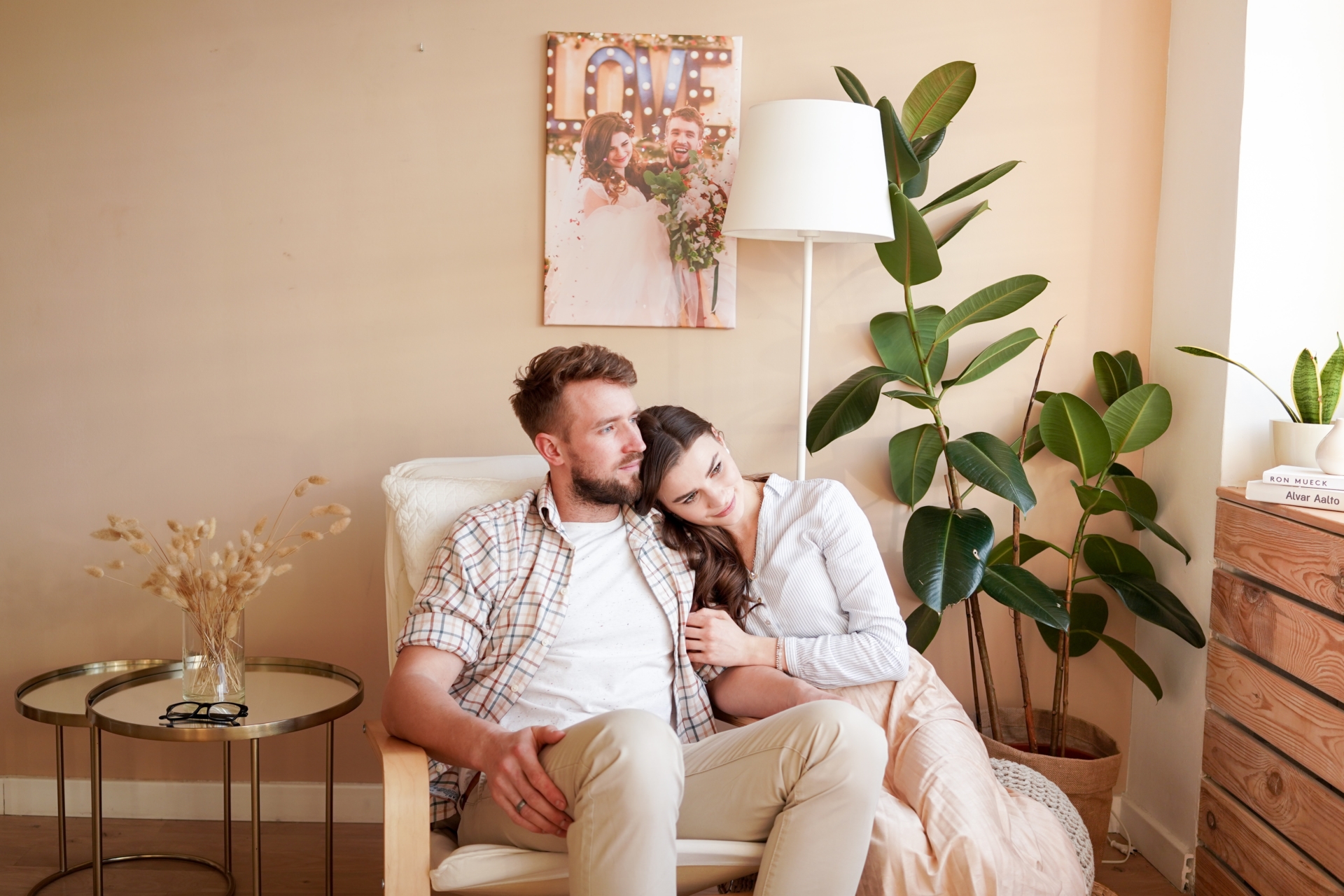Home security is a compassionate and delicate issue to deal with, as it is primarily the most sensitive of all essential human spaces. Whatever the type, the most intimate and personal bonds are forged in a home. It contains who we love the most and what we most want to protect.
For all this, it is necessary that before planning security in the home, we know what we want to protect, what is most exposed to risks and threats, both indoors and outdoors, and what measures and systems we can implement to guarantee their safety.
Planning for home security
Defining what we must protect, focusing on our priorities, and the main threats that lurk during our absence will depend mainly on our daily habits. The structural conditions of our home, its continent, and especially its content, for so the following considerations should be adapted to each family’s reality.
Personal safety
In the first place and without any doubt, the most important thing to protect in a home is the people who reside in it and those who frequent it. Their moral integrity (mainly, taking the necessary measures to create a safe environment free of fear) must be an absolute priority.
Infrastructure and assets: container and content
Home insurance policies (which can be used as a reference and will be dealt with later) specify two large groups of elements to protect.
Those that are considered part of a house’s continent: structural elements, supply facilities, accesses. The elements that make up the content: goods, valuables, etc. You can make your space secure with home safety tips.
These considerations are necessary to implement the required security systems and take the appropriate measures in a general way; that is, they apply to all kinds of situations.
To do this, we can start by making planning or calendar as detailed as possible where schedules, entries, and exits of the house are reflected and everything that is deemed appropriate, leaving it, of course, safely and safe from other people’s eyes.
Plan home security
It should not be forgotten that most break-ins and intrusions occur while the home inhabitants are absent, either for a few days or for a few hours (sometimes even minutes). Domestic accidents take place in the house—the least expected moment.
Personal safety: How and in what sense we must guarantee the physical (and mental) integrity of the home’s inhabitants. The visitors receive both from possible attacks from outside and from the dangers posed by facilities and supplies.
Infrastructures: The house’s structural integrity (what we commonly call the continent) is the highest priority since a deficit in this area can put both people and property in the home at risk. Therefore, we will ensure protection against leaks and leaks of gas, water, and other supplies and how it is most convenient to control and manage them.
Conclusion:
When we talk about security at home, we often think of anti-intrusion systems. The mechanisms that prevent us from suffering vandalism, robbery, and other mishaps, mainly from outside, are understandable but respond to an incomplete and biased vision if we do not broaden our perspective.




